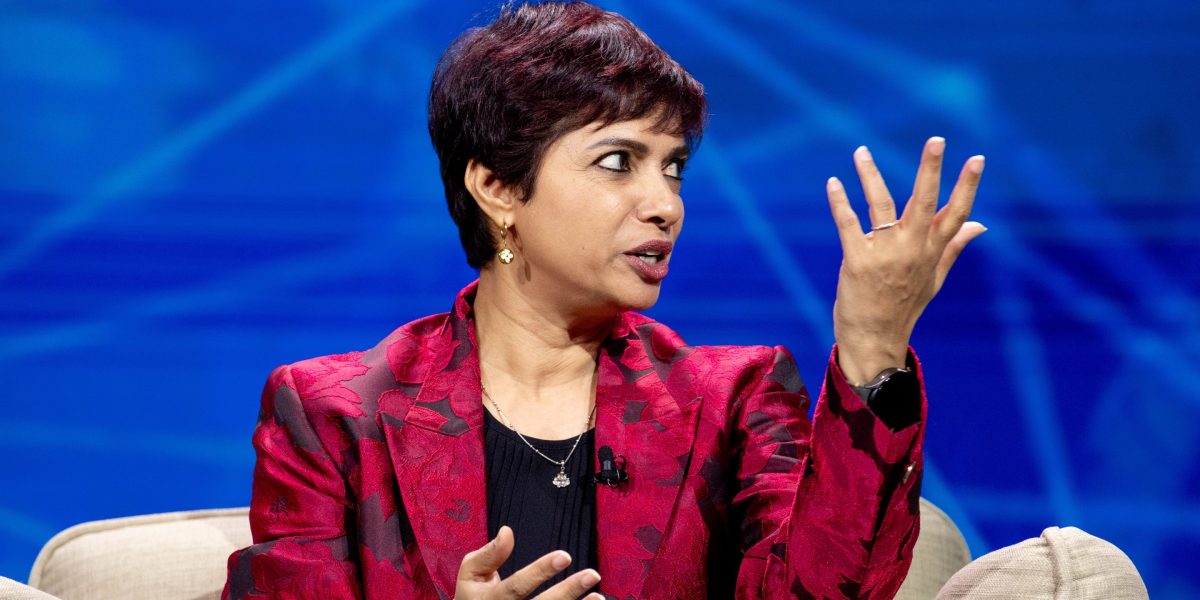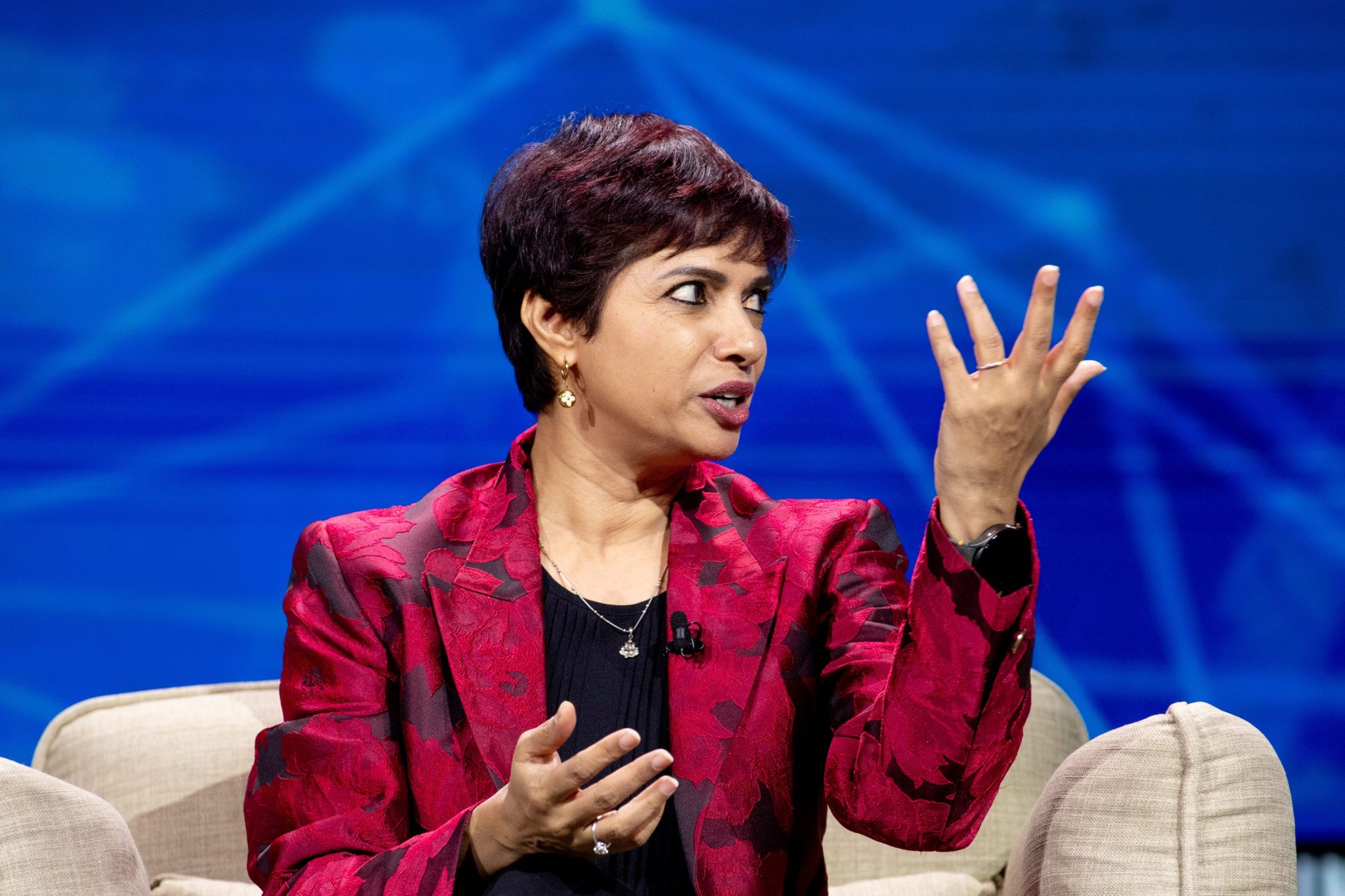Netflix and Amazon Prime are using AI algorithms that hide content from some users, media executive says


Artificial intelligence may be changing how content is made, but its bigger impact on media is how the technology is altering who is able to access that content, one media executive said.
Jyoti Deshpande, a film producer and president of media and content business at Indian conglomerate Reliance Industries, said during a Sunday panel at Fortune Global Forum in Riyadh that AI-powered algorithms on streaming platforms are limiting some audiences from watching certain shows and movies.
“The larger problem comes in distribution and the use of algo when content is being shown,” she said.
Algorithms have become a ubiquitous and key tool in keeping users engaged on streaming platforms. According to a survey of 2,000 American streaming-service subscribers commissioned by user-experience testing platform UserTesting and conducted by Talker Research, a subscriber spends an average of 110 hours per year scrolling on their streaming platforms, with half of respondents saying the amount of content available is overwhelming.
In May, Netflix had its first major homescreen update in more than a decade, which shows fewer titles, but more animation and video features. The update also includes “responsive recommendations” that generate titles based on what subscribers have been searching for and watching in the recent past.
Algorithm blind spots
Deshpande suggested that while streaming algorithms like Netflix’s are good at identifying what is within a subscriber’s tastes, the algorithm may limit what that user is exposed to, to the detriment of studios trying to produce films. The Reliance Industries executive used the example of Laapataa Ladies, a film she produced that became India’s entry into the International Feature Film category of the 2024 Oscars. While the movie was promoted heavily because of its nomination, Deshpande said Laapataa Ladies was not made readily available to some users, such as those in the United Kingdom, because the platform’s algorithm did not believe those users to be interested in the film.
In 2024, about 70% of Hollywood’s global revenue came from international markets, but according to Deshpande, for certain international film producers, the opposite is true. She suggested the onus to make international content more available to diverse audiences is on streaming platforms.
“Ours is the reverse,” she said. “And I would say it would be the same for Arabic content: more revenues from the domestic market and less from the international markets.
“If these large platforms, Amazon, prime, Apple, Netflix—the big boys—if they don’t openly promote this content and make it discoverable to everyone, how do we get there?” Deshpande concluded.
The changing global box office
According to Netflix, the platform employs a “local for local” strategy that intentionally shows audiences content from their home country that is culturally specific, but that international titles such as RRR and Squid Game have found western audiences because of their popularity. Apple and Amazon did not respond to Fortune’s requests for comment.
Hollywood’s hold on the global box office may be starting to change. Two decades ago, U.S. films had a 92% share of the global box office compared to today’s still-dominant 66%, Bloomberg reported last month. Last month, KPop Demon Hunters, an animated Korean film, became Netflix’s first No. 1 box office title.
“It was the super fans who watched the movie and repeat watched the movie that drove the recommendation engine that got it in front of more super fans who also fell in love with the movie,” Netflix co-CEO Ted Sarandos said during the company’s earnings call last week.




